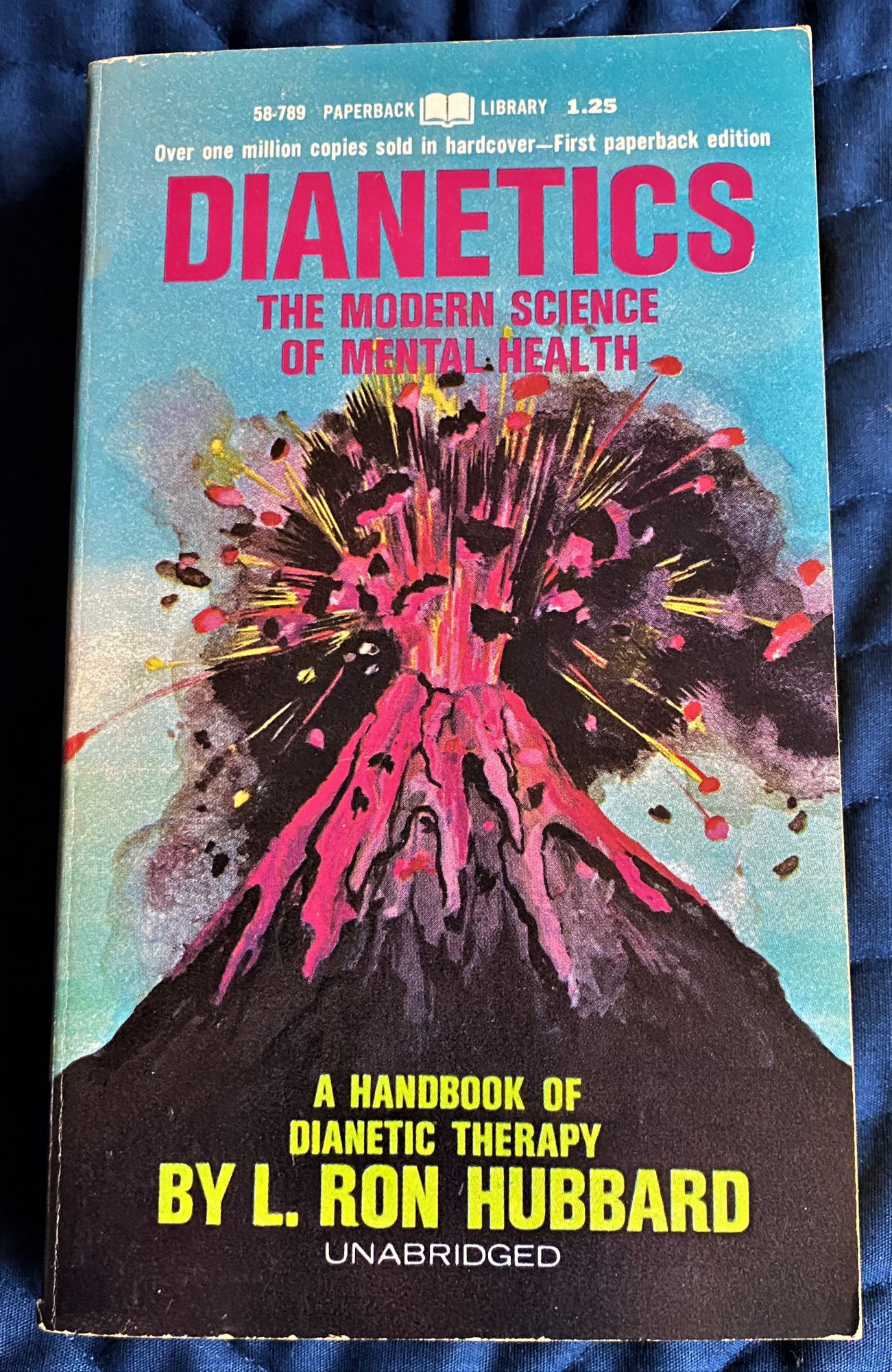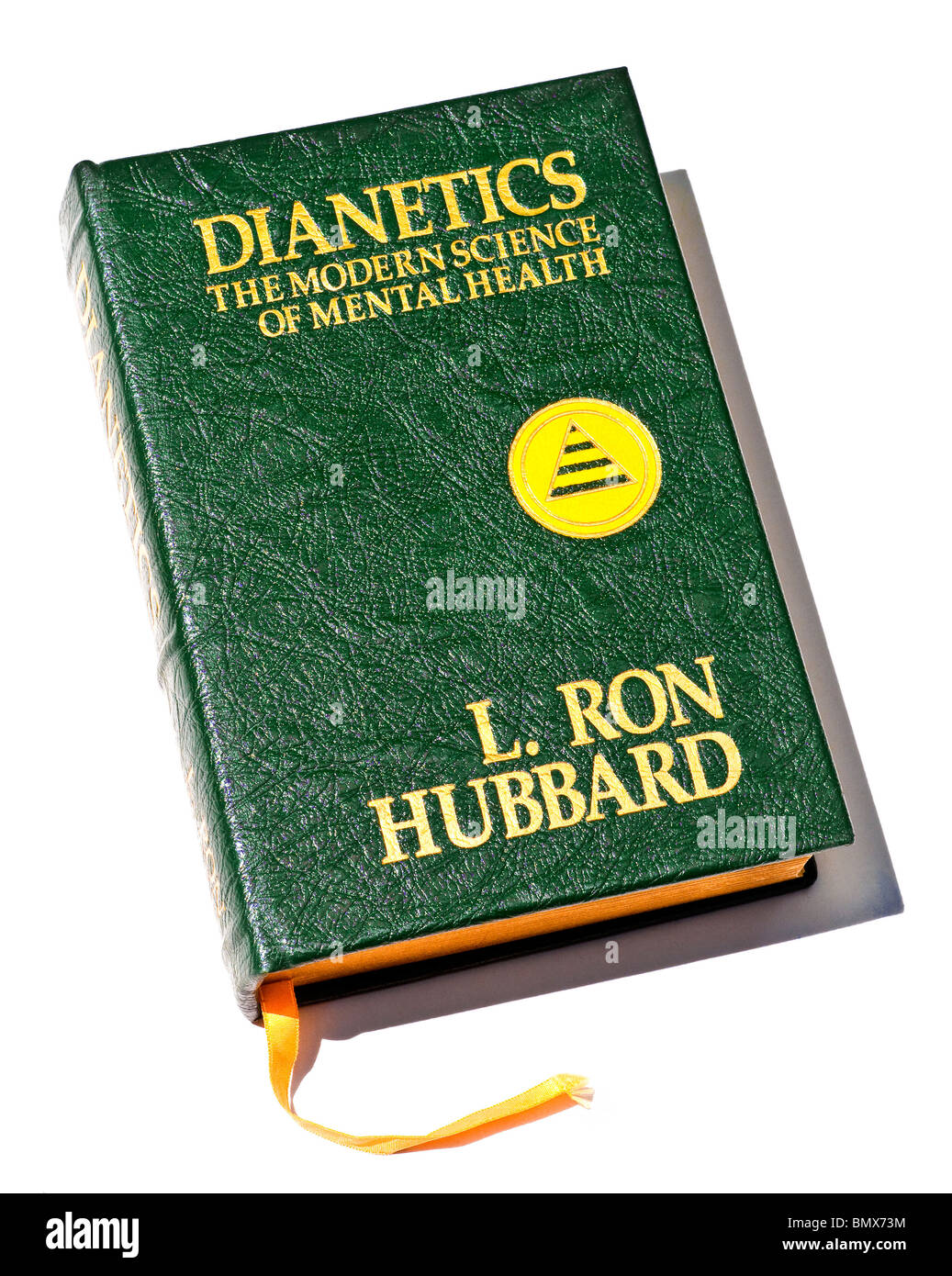The smart Trick of Dianetics That Nobody is Discussing
The smart Trick of Dianetics That Nobody is Discussing
Blog Article
About Dianetics
Table of ContentsSome Ideas on Dianetics You Need To KnowLittle Known Questions About Dianetics.Getting My Dianetics To WorkA Biased View of Dianetics
I couldn't ever before not intend to receive anything that enters your mind for you- if it was otherwise, I wouldn't be resting right here with you, doing this. I not only can never have a trouble, or otherwise intend to listen to something that comes to mind for you, however I'm totally anxious to understand every idea, every idea, every image or sensation that emerges or shows up for you- do not ever assume otherwise, and if somehow you do, please just let me understand! Sometimes, you might have a thought, and photo, idea or occurrence turn up that does not appear to respond to the question, or associate to it, yet nonetheless, constantly do tell me regarding it, and as we continue, the significance will certainly arise for you.This is inherent in the basis of processing, and the subject of this discussion: the standard duties of the therapist and the customer: The standard duty of the counselor is, in contrast to "basic training", not to manage, which indicates to impose and/or prevent, however to rather function from the basis of EMPOWERING THE CUSTOMER.

The Ultimate Guide To Dianetics
John Mcmasters revealed this basic fact splendidly well in one of his talks on Power processing, in which he describes how he was asked what this "unique knack" was that he had for offering such excellent sessions; he had to assume regarding that for a moment, and found that it was what he had not been doing, in addition to what he was doing: he wasn't examining, judging, computer, or as a matter of fact, generating any kind of ideas, not to mention spoken expressions, after offering the command and while waiting on the computer to finish their response to their satisfaction; he was, just and only, being existing with the computer, and completely interested.
The function of the therapist, showed; that was his "special propensity". I have had my very own experience which taught me this well, really beforehand in the game. In 1982, having actually recently finished my training and teaching fellowship on New Period Dianetics, I was running this on next page a COMPUTER, and there was a point in the session where (being a bit wet behind the ears not yet having lots of hours under my belt as a specialist auditor) the computer seemed to be "taking too long" to reveal anything verbally after I offered him a command.
This key turned out to be one of the most important contribution that John ever before made to the topic of treatment or auditing (Dianetics). In my simple opinion, it is the best contribution that anyone has actually ever before made to these subjectsthe application is completely non-judgemental, non-evaluative, and empty of any kind of tip, recommendations or opinion.no preconceived program for individuals, or 'levels' that they must do
In Idenics, the only resource of details about a client is the individual customer. In Scientology we prided ourselves on not assessing for people. All that truly meant was that the auditor did not Vocally assess for the Computer in session. The registrars and values officers reviewed for the computer.
The Best Strategy To Use For Dianetics

Anyone who had actually ever seen John audit could not aid but discover a special top quality in his bookkeeping."The customer's fundamental duty is to be there with the purpose of relocating the instructions of their spiritual goals, and to freely and fully express and experience whatever manifests for them in answering the questions and implementing the instructions in the handling.
This is something to procedure as required. Yet also, people often have previous experience and/or indoctrination in auditing/processing which, in some ways, and to some extent, really misdirects them into perspectives, concepts and behavior patterns that stop the full awareness of these roles, therefore they will certainly have a tendency to prevent the expressing of what enters your mind, as in the examples offered over. * The very first, and probably foremost examples of mis-indoctrination causing less than completely smooth and efficient sessions, can be discovered in specific facets of the training routines, or "TR's":"TR's" are often a person's initial, or a minimum of early, experience in Scientology, and while I will take place to explain what I view as the imperfections in concept and practice, however, tend to be greatly healing, done as they are given (Hubbard firmly insists that "TR's are not processing, they are educating", however factually, they are both handling AND training)
There is no "flunking", and find no rejection of the truth of this being processing. The focus, as it ought to be, is on experiencing the various other individual's visibility.
The Buzz on Dianetics

Report this page